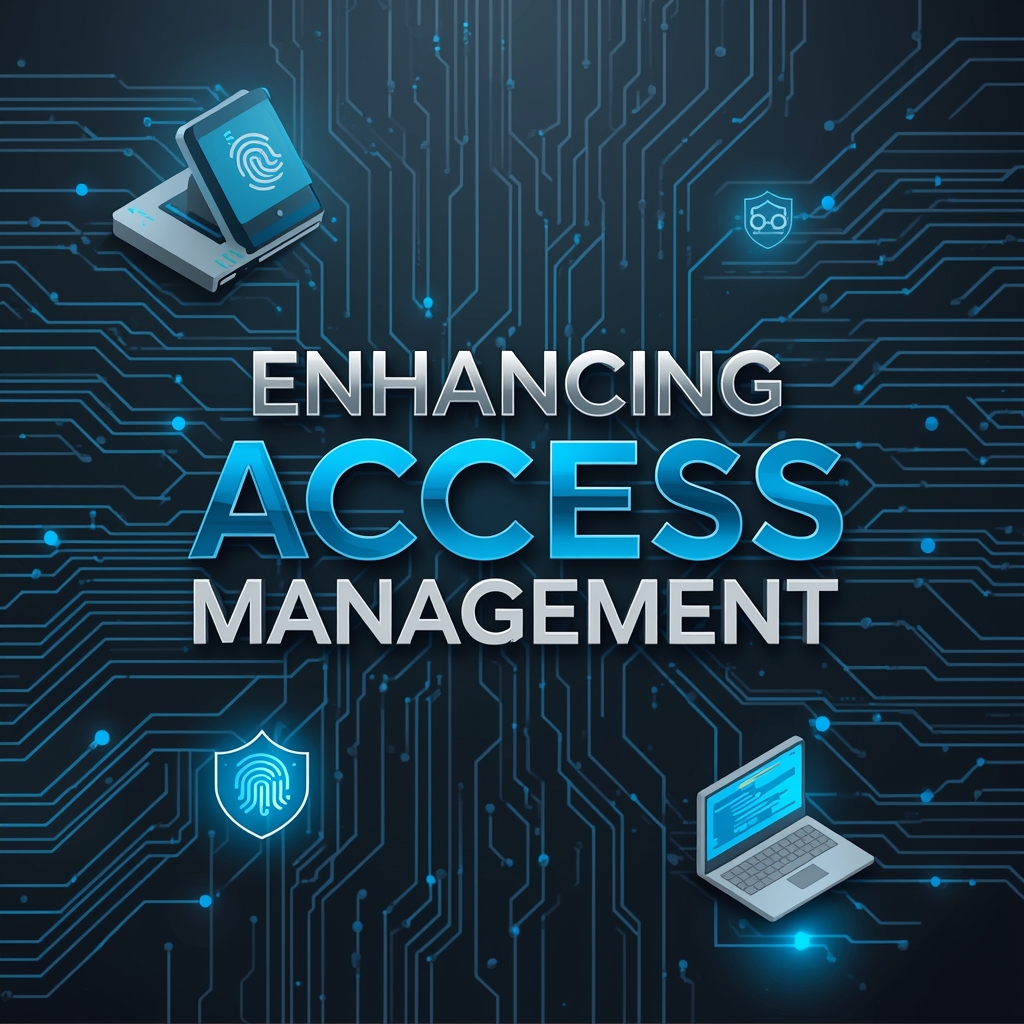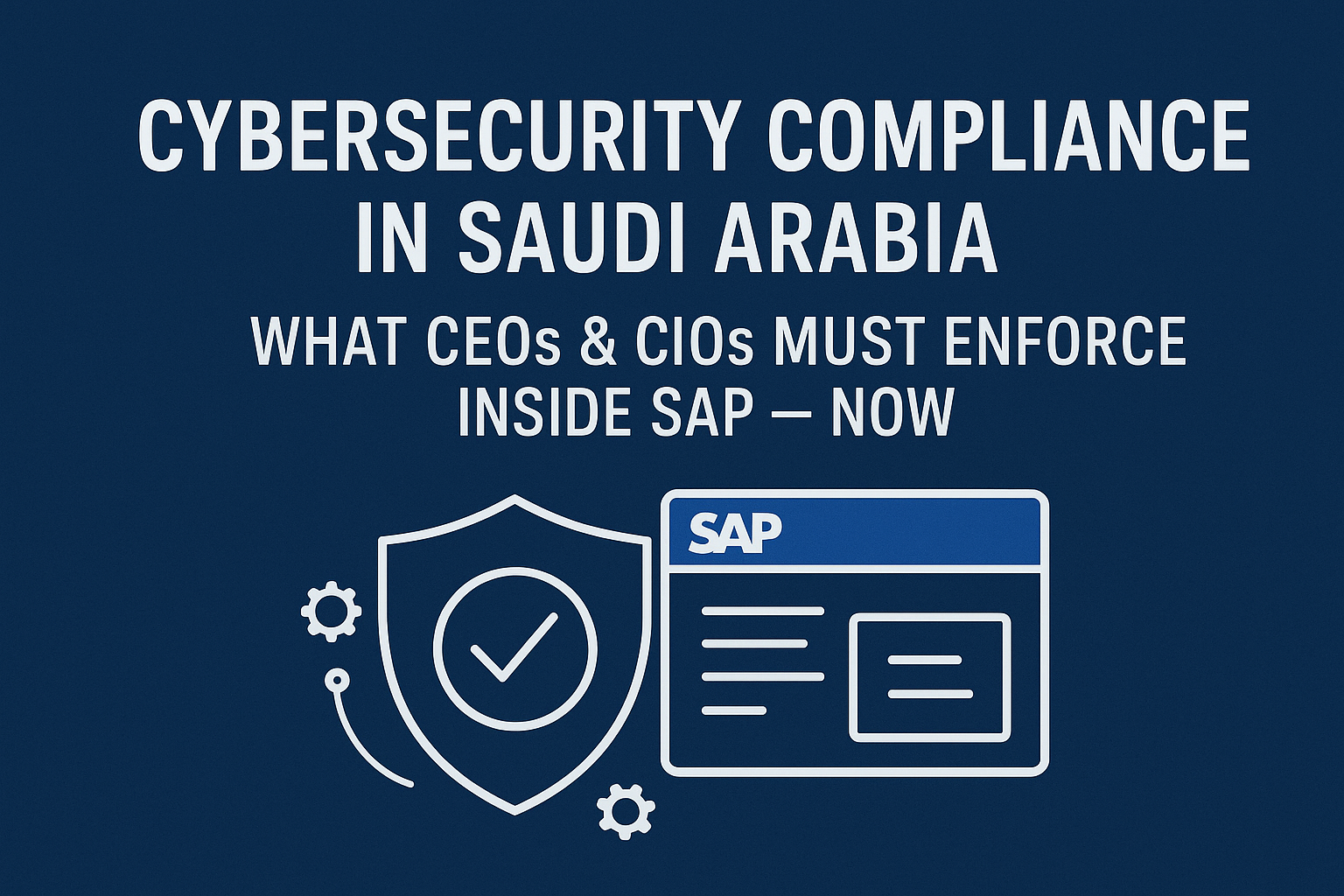The pharmaceutical industry stands at the crossroads of innovation and stringent regulatory oversight, demanding that companies maintain a robust balance between groundbreaking discovery and rigorous compliance. The use of sophisticated systems is one of the primary drivers in ensuring that sensitive operations, data and intellectual property are managed securely. Among these, SAP systems have become a core backbone, orchestrating complex business processes from research and development to supply chain management and distribution. Yet the true potential of these platforms is only realized when they operate with maximum security and are meticulously compliant with regulations. Secure SAP systems offer more than just operational stability; they build the foundation for trust with regulators, safeguard proprietary formulas and ensure market competitiveness for pharmaceutical firms throughout the innovation lifecycle.
The intersection of pharmaceutical innovation and regulatory demands
Pharmaceutical organizations are recognized for their pioneering spirit, routinely developing new therapies, vaccines and cutting-edge treatments that transform patient care on a global stage. However, this drive for innovation is set against a backdrop of comprehensive compliance mandates such as the General Data Protection Regulation (GDPR), Health Insurance Portability and Accountability Act (HIPAA), and Good Manufacturing Practice (GMP). Each regulation sets forth stringent expectations regarding data integrity, patient privacy and operational transparency. As a result, systems like SAP are not simply IT assets but strategic partners, enabling end-to-end visibility and control across clinical trials, manufacturing and distribution. Secure and compliant SAP environments empower pharmaceutical companies to confidently accelerate research while ensuring regulatory requirements are met from the earliest stages through to post-market surveillance, giving both internal teams and external stakeholders confidence in every process step.
Enhancing research and development through governance, risk and compliance (GRC) solutions
In R&D departments, scientists, clinical investigators and project managers collaborate to achieve fast, accurate and reproducible results. This collaboration generates high volumes of sensitive data, from trial outcomes to proprietary formulations. A GRC solution acts as a key safeguard by embedding risk management, compliance and audit readiness directly into the digital infrastructure. Through the implementation of a robust GRC solution, pharmaceutical firms can set up formal controls that ensure only authorized individuals access sensitive records or modify key parameters. This directly supports research integrity and protects intellectual property from insider and external threats. Furthermore, a GRC solution delivers transparency through audit trails and dashboard reporting, making it simpler to demonstrate compliance to regulators. By adopting comprehensive GRC frameworks, firms foster a culture of accountability and make R&D processes inherently more efficient and secure.
Why data integrity matters in clinical operations
Data serves as the foundation for pivotal decisions in clinical research, production scaling and regulatory approval. Any inaccuracies, omissions or unauthorized access can undermine years of work, jeopardizing patient safety and global reputation. GRC systems anchored in SAP environments automate record-keeping, flag potential anomalies in real time and segment access based on user roles. These controls help ensure that every data point is both accurate and traceable to its source, which is indispensable during regulatory inspections or audits. As the sector experiences increasing digitization, protecting data integrity not only meets compliance needs but also accelerates time to market for innovative therapies by reducing roadblocks caused by insufficient or poorly governed data.
Real-time protection with SAP Risk Analysis as a ServiceAs digital transformation expands the operational landscape of pharmaceutical companies, cyber risk and compliance complexities rise exponentially. SAP Risk Analysis as a Service provides a continuous and proactive shield, delivering real-time insights into access rights, authorization conflicts and potential Segregation of Duties (SoD) violations across the SAP environment. This managed service eliminates the costly delays and oversights of manual risk assessment, allowing IT and compliance teams to prioritize threats before they become active security incidents. With precise dashboards, the service provides actionable intelligence that supports not just compliance but also business continuity and operational excellence. For pharmaceutical organizations where data availability and system uptime directly influence patient care or research milestones, SAP Risk Analysis as a Service is a vital instrument for maintaining resilience in an ever-changing regulatory and threat landscape.
Minimizing compliance risks and audit findings
When regulatory audits or inspections take place, having a comprehensive view of risks and mitigations is indispensable. Real-time risk analysis ensures that vulnerabilities are addressed as they emerge, not after they have created audit exceptions or caused fines. Automated risk analysis pinpoints the root causes of authorization conflicts and empowers responsible personnel to remediate gaps in alignment with industry regulations and internal policies. Pharmaceutical firms thereby maintain consistent readiness for external evaluations while minimizing the burden on their internal teams, freeing resources to focus on innovation. Proactivity in risk management also positions companies as preferred partners in the healthcare ecosystem, as regulators, stakeholders and collaborators value organizations that take governance and risk management seriously.
Building trust by aligning SAP security with patient safety
Patient safety stands as the foremost priority in the pharmaceutical sector. Secure SAP systems go beyond compliance and cybersecurity—they ensure that every decision, batch release and distribution step is rooted in accurate, reliable data. When access management and authorization controls are embedded into core processes through solutions like GRC and real-time risk analysis, companies reinforce a transparent and accountable culture. This chain of trust extends from internal scientists and production teams to distribution partners, healthcare providers and ultimately the patients who depend on safe and effective medicine. As fraud, counterfeiting and cybercrime pose persistent threats, SAP security becomes inseparable from the ethical delivery of healthcare. Achieving this alignment not only fulfills regulatory obligations but also builds lasting confidence among regulators, partners and patients alike.
Innovation in pharmaceuticals will increasingly depend on the security, transparency and integrity of the systems that power business operations. By investing in GRC solutions and adopting SAP Risk Analysis as a Service, companies gain more than just tick-the-box compliance—they embrace methodologies that encourage collaboration, efficiency and resilience. Every successful product launch, breakthrough therapy or research advance is underpinned by digital solutions that actively minimize risk and support regulatory mandates. The future will favor pharmaceutical organizations that treat SAP security as fundamental to their mission, leveraging advanced controls and continuous monitoring to enable discovery while always protecting what matters most. Embracing this approach positions companies to succeed in complex markets while advancing medical innovation globally.





